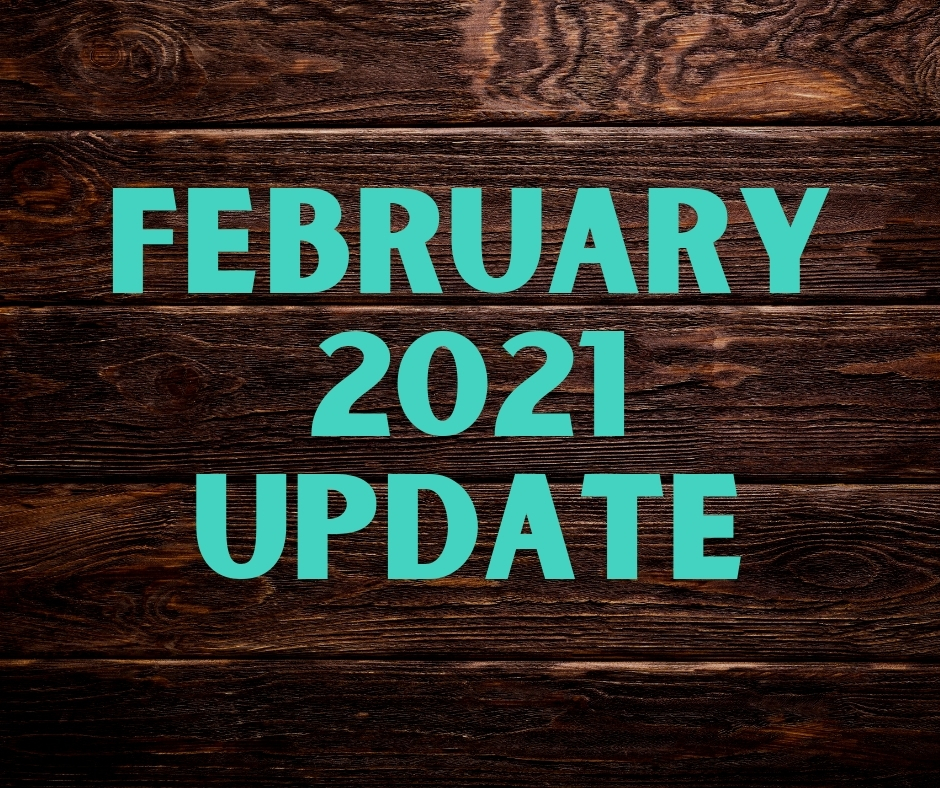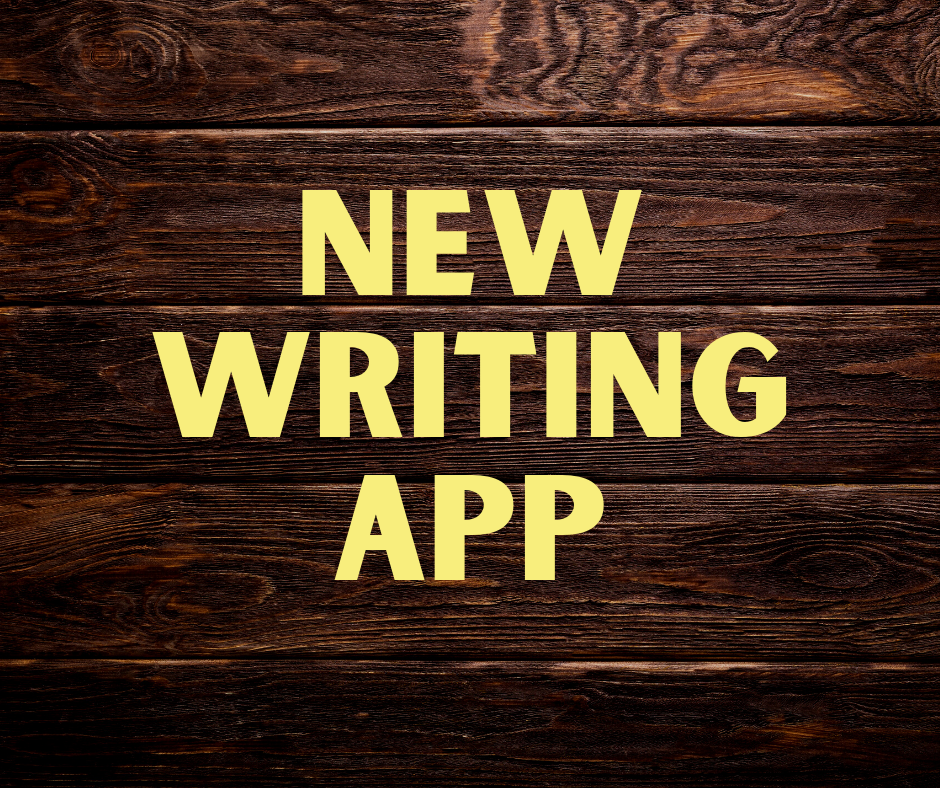Hey! Jon here. Just a heads-up that this post is over a year old and is therefore likely to be outdated.
How to (Properly) Use Book Summaries
4th August, 2018 Share on Twitter

There’s been a lot of buzz about book summary services lately.
Services like Blinkist do an excellent job at this. They take a classic non-fiction title like The Four-Hour Work Week, read it from cover-to-cover, distil it, distil it again, and out pops a summary in as many as 10 bitesize points, or ‘Blinks’.
People in a hurry feel like they lack the time to sit down and read a book. They barely get five minutes to themselves at home, how are they supposed to dedicate their undivided attention to words on a page for hours at a time?
Much has been written on burnout and the culture of overworking. It’s not uncommon knowledge that it’s unhealthy, and top companies are taking positive steps to keep their valuable staff happy and healthy at work.
Along comes a service like Blinkist offering thousands of non-fiction titles that can be digested in 10 minutes as opposed to the typical three hours of reading, and the overworked professional sees a no-brainer. “$60 a year to get as many books as I want? Hell yes.”
Hold yer horses!
However, as you can probably tell from the title, there are critical pitfalls to this surge in book summary services. Before I explain, I’ll disclose right now that I actively use Blinkist and have purchased physical books summarising great works of non-fiction. I’m not saying you should avoid these.
The problem with book summaries is that they give you too much variety, at too shallow a depth. You can consume too much different content at the risk of not properly taking it all in. It’s the Coolidge Effect at play.
Top Tip—The Coolidge Effect is a term for a phenomenon where we get spoiled by excessive variety, causing us to seek out more and more newer experiences but at an increasingly shallow depth. This can make it harder for us to concentrate, and we find ourselves fidgeting when taken away from social media or our smartphones. Go on an "Information Diet", a term coined by Tim Ferriss (@tferriss), and see how it improves your attention span.
Once again, I’m not arguing against book summaries themselves. Like I just said, I use them, whether it’s to help me write the next email for my storytelling newsletter, or gather material for my next book.
I aim to show you why it’s bad to over-rely on them without at least checking out the source material. Thinking you can skim a book and still properly understand its message is symptomatic of our myriad internet content addictions.
Low attention span readers often complain that non-fiction authors “pad out” their chapters with “unnecessary” stories and “fluff.” This attitude angers me because it’s not only insensitive, it’s also ineffective. The stories are there to demonstrate the writer’s point — we should all know by now that an immersive well-told story is the single best way to convey a lesson.
By fully digesting a book’s contents, you’ll get a much better feel for the writer’s message. A summary can only give you a superficial feel for the writer’s message. Actually taking the time to read a real book will pay better dividends long term.
Where a full non-fiction book is a deep dive into a single topic, a book summary is merely a shadow of the work that has gone into its subject. Books are fucking hard work and the writer didn’t slave away for multiple years to have their creativity summarised into 10 easy bitesize bullet points.
Top Tip—Reading is much easier when it's to achieve a concrete goal or to solve a problem. If you feel daunted by big books with huge page counts, put the big scary tomes away and instead go look for books that solve the problems you're experiencing in your life, whether it's work, dating, or anything else. You'll be far more invested in the book's contents and this will incentivise you to finish it and find all the answers. You'll get used to reading through and finishing longer books, and developing this skill will pay dividends.
How to (actually) use book summaries
Rant over, how can we use book summaries properly without over-relying on them, and also managing to read a real book once in a while? Well the solution involves building a system. This system is going to look like a pipeline of sorts.
My system is pretty loose, and doesn’t need to always be followed to the letter. Let’s not lose sight of the goal here: To extract the maximum amount of knowledge and wisdom from the content we consume.
First, if I really really know I want to read the book, I’ll grab it straight from Audible and Amazon. This is usually because it’s from a writer I know and love, or a strong word-of-mouth recommendation from someone whose opinion I trust.
If my interest pays off and I really fall in love with the book, then I’ll buy all three — Audible, Kindle ebook, and the physical book. I will spend lavishly on the books that I think have had the most positive impact on me. They deserve to be paid back.
Top Tip—I enjoy each of my top favourite books in one of these three media: Kindle ebook, Audible audiobook, or the full physical book. This is usually a matter of feel and is a choice that lies completely in the reader's own hands. An outstanding voice narrator can enhance the book-reading experience by 100x, and there's no shame at all in consuming all your books in audio format.
However, when it comes to Blinkist, I take a different approach. I’ll scan their recommended reading lists from their algorithms and curated topic lists, and add the ones to my library that I think look cool.
Then I’ll sit down, pick one to start off from, and go bananas. In a single stint, I might read five in twenty minutes. That might seem fast, but I’m not skim reading. I read slowly and methodically.
Just like in my Kindle app, I am a judicious user of Blinkist's Highlighting feature, and think it's the most important feature in their service. I take in each paragraph, and highlight the most impactful and interesting pieces I come across. It means that I actually remember what I’ve just read for more than the five minutes it took me to read the damn thing.
Most crucially, I put my highlights into my commonplace book, so that when it comes to writing my next post or my next book, I’ve got it noted down as material. Whatever book it is I’m reading, whether it’s a biography of Isaac Newton or a classic work on marketing, there is material in there that I can refer back to later.
Top Tip—Take notes and store them in a central location. Make use of Blinkist's and Kindle's respective Highlighting functions for the most impactful and interesting pieces you come across. Then take those highlights and put them into your journal, notepad, or Evernote.
Then, if I liked the book summary, I might buy the genuine article on Amazon and consume the whole thing. The right analogy for this book exploration system of mine is dipping your toe into a pool. If the water feels right, then jump right in.
Actually, screw it, you know what? I’m coining the term for it right now: It’s my (not in any way) patented Toe-Dip Reading System. Cue party balloon flurry 🎊🎉🙌👏💪🎊🎉
Jokes aside, this is an effective use of book summaries that will help you avoid the pitfalls of the Coolidge Effect, and properly take in the right amount of content in an optimal amount of time.
Thanks for reading! If you have any special book note-taking techniques that you'd like to share, please let us know in the comments section below.
This post is brought to you by Blinkist, a service that aims to take the best non-fiction books and distill them into short, digestible 'blinks'. This post is rather cautionary in tone when it comes to book summaries like Blinkist, but that doesn't mean you should completely discount them. If used properly, they can serve as a gateway into a wide library of great books, and save you time having to struggle through the crappy ones. Sign up for a free trial with Blinkist today and get free unlimited access to all of their book summaries.
This post is also brought to you by Audible, the world's most comprehensive online library of audiobooks by Amazon. I completely swear by this service and use it every day when I'm at work, when I'm going for a walk, and when I'm driving. My favourite audiobooks on Audible have taught me timeless and eminently practical lessons that have positively changed my life and inspired my writing career. Sign up for a free 30-day trial with Audible now and download your first audiobook completely free.
Please check out The 24 Laws of Storytelling, my book that explores the principles that make some books and movies great and explains why others fail. By reading my book, you’ll gain the same strategies used by master storytellers such as Stephen King, Christopher Nolan, Fyodor Dostoyevsky, and many more. Pick up your copy today.




